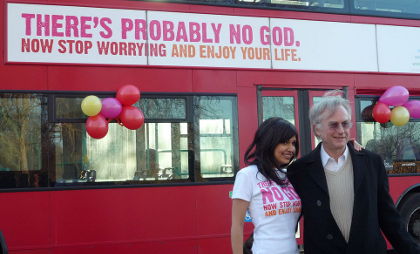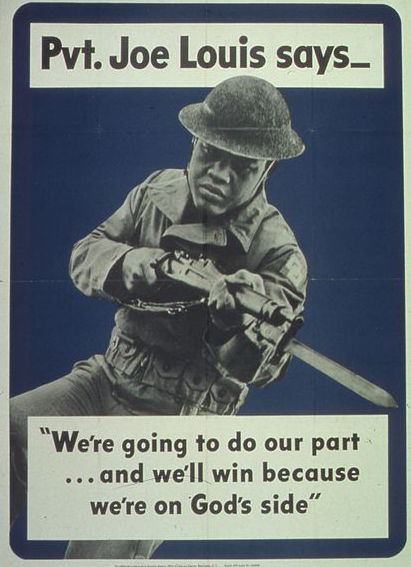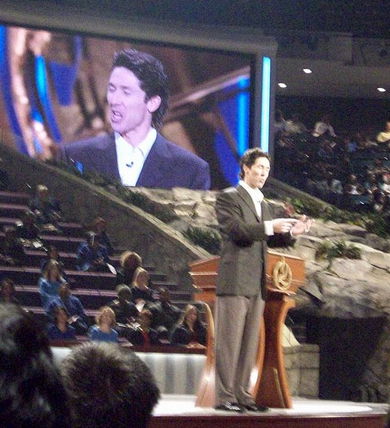Jonathan Dodd‘s latest column. Guest opinion articles do not necessarily reflect the views of the publication. Ed
Karl Marx famously said that ‘religion is the opium of the masses’. As usual when famous people make vague statements like this, it is open to much furore, debate and misguided analysis, but I think he was trying to say that the mass of people seem to require some harmless distraction to prevent them from thinking.
If I’m right in this interpretation, and I admit that I’m very unlikely ever to get closer to reading Das Kapital than looking the quote up on Wikipedia, it doesn’t reveal his actual intention in saying it. Was he saying that the mass of people naturally gravitate towards trivial chitter-chatter, or that the sources of real power want them to be distracted from scrutinising their actions?
Before checking the facts
I’ve looked this up now on Wikipedia, and the full quote is this – ‘Religion is the sigh of the oppressed creature, the heart of a heartless world, and the soul of soulless conditions. It is the opium of the people’. That’ll teach me to let my fingers do the walking before checking the facts.

But I’m still not clear about what Marx is trying to say. Is religion good because it gives people hope, or is the world heartless and we’d be better off improving it for ourselves? Is opium bad for you or not? Anyhow, I’d better crack on with what I’m trying to say, and hope to be a lot clearer. Probably a doomed quest.
Competing for the ‘Opiums’
I’m not sure whether the masses are being hoodwinked or not. They plainly like to be entertained, and there’s a lot of competition to gain their attention. Perhaps religion had a monopoly in Marx’s time. Nowadays there are a lot of contenders for the title.

I think there should be an annual award, with a huge ceremony, and nominations in several categories competing for the ‘Opiums’. They could have a little statuette of a poppy and a pipe. Who wins the award for the greatest distraction of the masses? Who are the new contenders? What new niche categories are opening up? I’ve got a list, but I’m keeping it to myself. Make up your own.
Nasty, brutish and short
There was a time when life was ‘nasty, brutish and short’, another sort-of misquote, this time from Thomas Hobbes. He was trying to say that civilisation and society help mankind to combine together, and improve our lives, our health, our happiness and thereby our longevity. I can’t argue with that, because we can see what happens during the breakdown of societies and the ravages of war. It seems to be happening all around us.

It strikes me that there are specific times and conditions when religion gets the monopoly of opium-dealing to the masses. There either has to be widespread ignorance – maybe deliberately maintained – or a terrible threat at the borders. When there’s a genuine enemy, the population can be encouraged to go out to fight, and religion gets a great boost. Never mind that the other side has God on its side too.
Nobody should read the Bible
More insidiously, at times of peace and relative prosperity, some governments or ruling powers manage to keep the population undereducated and promote religion as a means of ensuring their loyalty. It was no coincidence that the medieval Roman Catholic Church insisted that all their services should be in Latin and that nobody should read the Bible apart from priests and those who could read.

What chance did any of the congregation have to question the words of their priest? Especially when they were threatened with terrible consequences if they did. Once the Bible was translated into ordinary language and more people could read, the hold of the Church slackened. But it didn’t really lose its grip until the Sixties, when TV took over.
Even when they’re caught lying
In England we had the BBC, but in other places religious leaders were canny enough to run their own TV stations. Hence the notorious Bible Belt in the USA. A whole swathe of the population in the richest country in the world go to under-achieving schools and then follow slavishly the instructions of their religious and political leaders. Even when they’re caught lying or taking money from the till or indulging in very un-Christian activities.

This is not so bad, even though it does mean that occasionally they elect someone like George W Bush. What’s much worse is what’s happening in the Middle East, with the rise of the militant fundamentalists. Poor and uninformed people are being fed false information by religious leaders with an agenda. Their lack of information and education is preventing them from thinking for themselves and their anger is being channelled into destructive and dangerous areas.
Lack of education and information is the enemy
In our own continent, the Iron Curtain came down because enough people became aware of what they were missing, and the previously-unchallengeable regimes faded away when everyone took to the streets. I thought the best way of getting rid of Saddam Hussein would be to beam the BBC and MTV over the borders of Iraq until enough people learned enough about what they were being deprived of to get up and demand change.
I really thought that might work, certainly better than a military invasion. Lack of education and information is the enemy. I’d far rather the masses were worrying about whether one football player bit another football player than how many virgins they would have the use of once they became martyrs.

Not believing anything is better than believing the wrong thing too much. Our own masses seem to be much happier watching TV than listening to religious leaders, and I’m glad about that, although it does irritate me a bit.
TV is more entertaining too.
If you have been, thank you for reading this.
Image: Clavecin under CC BY 2.0
Image: File Upload Bot (Magnus Manske) under CC BY 2.0
Image: MGifford under CC BY 2.0
Image: U.S. National Archives and Records Administration under CC BY 2.0
Image: Adrian Pingstone under CC BY 2.0
Image: JGHowes under CC BY 2.0
Image: Public Domain





